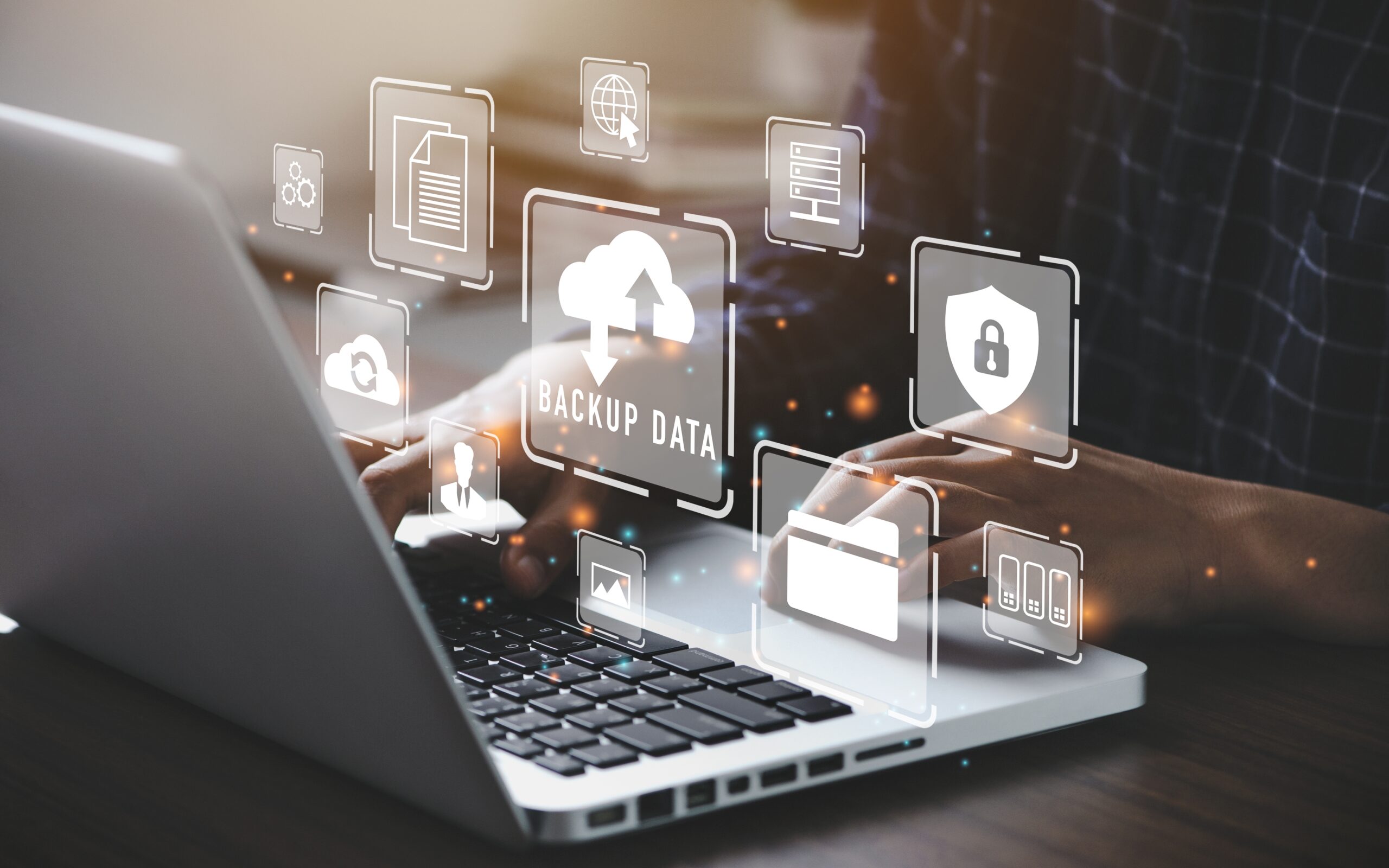In the ever-evolving world of cybersecurity, artificial intelligence (AI) is taking center stage as a game-changing technology. As businesses increasingly depend on digital systems, they also face a growing array of cyber threats. AI is helping organizations tackle these challenges head-on by enhancing threat detection, automating responses, and strengthening data protection protocols. Let’s explore how AI is shaping the future of cybersecurity, its applications, and the challenges organizations face in adopting it effectively.
AI’s Role in Cybersecurity: A Closer Look
AI is transforming cybersecurity in fundamental ways. By leveraging machine learning algorithms and intelligent data analysis, AI helps cybersecurity systems detect threats, prevent attacks, and respond to incidents more effectively than traditional methods. Here’s how:
- Threat Detection in Real-Time
AI-powered systems can analyze vast amounts of data to detect unusual patterns and identify potential threats as they emerge. For instance, behavioral analytics use AI models to develop profiles of typical user activity, flagging any deviations that may indicate an attack. This approach is invaluable in combating sophisticated cyber threats such as zero-day attacks. - Automating Routine Tasks
Cybersecurity professionals often spend significant time on repetitive tasks like log analysis and vulnerability scanning. AI automates these processes, freeing up human experts to focus on strategic decision-making. This also reduces the risk of human error, a common vulnerability in traditional security systems. - Adapting to New Threats
AI systems continuously learn and evolve, improving their ability to counter emerging threats. For example, phishing detection tools powered by AI analyze email content and context, identifying anomalies that signal phishing attempts. These systems adapt to increasingly sophisticated techniques, such as spear phishing.
Coca-Cola: A Case Study in AI-Driven Cybersecurity
Coca-Cola leverages Microsoft Azure’s AI-powered cloud security solutions to protect its global operations and sensitive data. Azure’s tools, such as Security Information and Event Management (SIEM), enable real-time threat detection, centralized monitoring, and advanced analytics to identify vulnerabilities. By automating threat management and ensuring compliance with regulations like GDPR, Coca-Cola enhances its cybersecurity while maintaining operational efficiency. This partnership highlights how AI-powered platforms like Azure can strengthen corporate data protection and bolster trust.
Key Applications of AI in Cybersecurity
AI has proven effective across various domains within cybersecurity, from password protection to network security:
- Authentication Enhancements
AI tools like facial recognition, CAPTCHA, and fingerprint scanners bolster password protection, ensuring that only legitimate users can access sensitive systems. - Phishing Prevention
Using machine learning algorithms, AI detects subtle indicators of phishing attempts, such as forged email headers or domain misspellings. This capability is crucial in preventing data breaches initiated by fraudulent emails. - Vulnerability Management
AI tools such as User and Entity Behavior Analytics (UEBA) monitor devices and servers for unusual activity, helping businesses identify vulnerabilities before they can be exploited. - Network Security
AI streamlines the creation and enforcement of network policies, aiding organizations in implementing zero-trust security models. By learning traffic patterns, AI helps identify and mitigate threats to network integrity.
Benefits of AI in Managing Cyber Risks
Adopting AI in cybersecurity provides significant advantages:
- Proactive Threat Management
AI’s ability to analyze vast datasets enables organizations to identify and mitigate potential threats before they escalate, enhancing their overall security posture. - Efficiency and Cost Savings
Automation reduces the need for manual monitoring and analysis, making cybersecurity operations more cost-effective and efficient. - Improved Decision-Making
AI-powered insights allow organizations to make informed decisions about their security strategies, focusing on the most critical areas. - Ongoing Learning
AI continuously learns from new data, making it increasingly difficult for hackers to exploit systems. This adaptive quality ensures that defenses remain robust against evolving threats. - Enhanced Data Protection
Compliance with regulations like GDPR and CCPA is easier with AI-driven systems that ensure transparency and accountability in data processing.
Challenges of AI-Driven Cybersecurity
Despite its advantages, AI in cybersecurity also faces several challenges:
- High Implementation Costs
Deploying AI systems requires significant investment in infrastructure and skilled personnel, which can be a barrier for smaller businesses. - Ethical Concerns
Ensuring that AI operates transparently and without bias is critical. Companies must comply with data privacy regulations to avoid reputational damage. - Dependence on Data Quality
AI relies heavily on accurate, high-quality data. Poor data can lead to incorrect decisions, compromising security measures. - AI-Powered Attacks
Just as AI enhances defense capabilities, cybercriminals use it to develop more sophisticated attacks, creating an ongoing arms race between attackers and defenders.
The Future of AI in Cybersecurity
The integration of AI into cybersecurity is only just beginning. Emerging technologies like generative AI are set to further revolutionize the field. By simulating realistic attack scenarios, predicting potential threats, and enhancing threat detection, generative AI provides organizations with a proactive edge in securing their networks.
As AI continues to advance, its role in combating cyber threats will expand, offering organizations the tools they need to stay one step ahead of cybercriminals. However, to maximize the benefits, businesses must address the challenges of implementation, ensuring ethical use and robust data governance.
Conclusion
AI has become an indispensable tool in the fight against cyber threats. By automating defenses, improving threat detection, and supporting regulatory compliance, AI enables organizations to build more secure digital environments. While challenges such as cost and ethical concerns remain, the benefits far outweigh the drawbacks. As cyberattacks grow more sophisticated, AI-driven cybersecurity solutions will continue to play a crucial role in protecting sensitive data and ensuring business continuity. With strategic adoption and ongoing innovation, the future of cybersecurity is firmly rooted in the power of AI.







